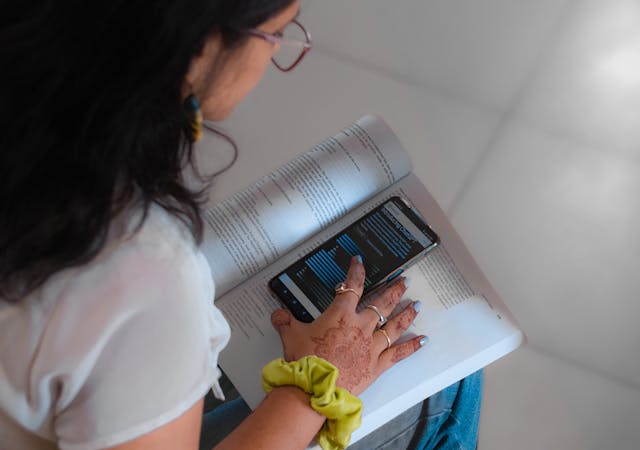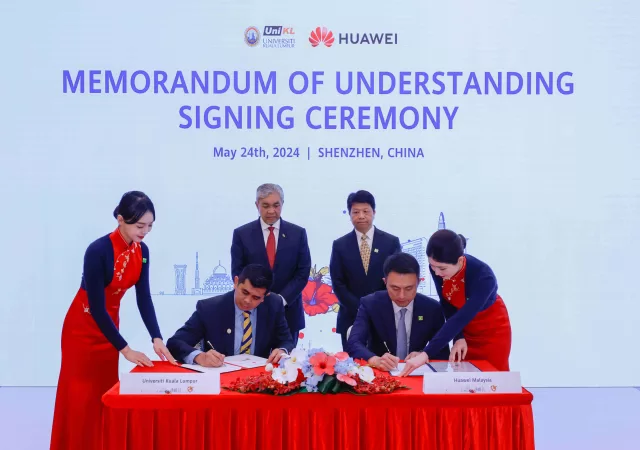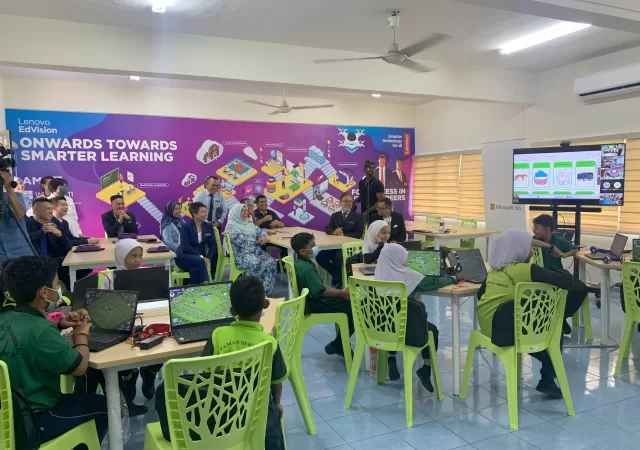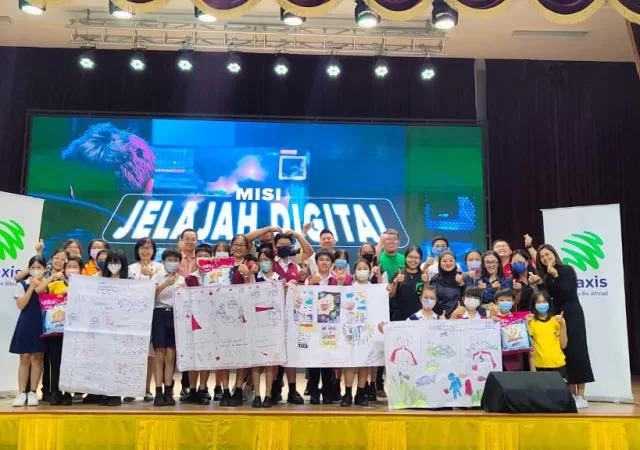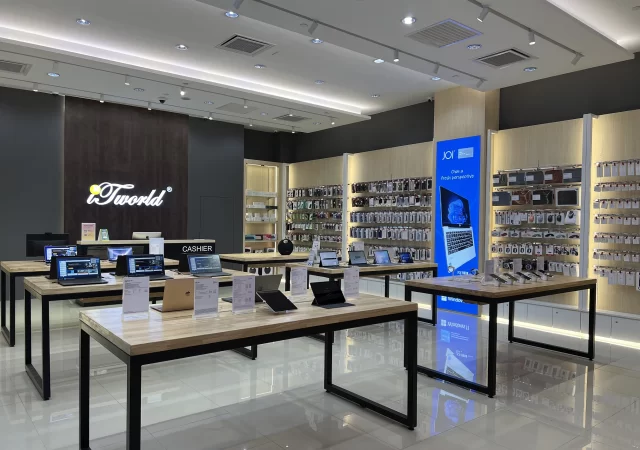OpenAI announces ChatGPT Edu, a version of its popular ChatGPT generative AI for classrooms.
UniKL and Huawei Malaysia Join Forces to Advance Smart City and Flood Mitigation Technologies
Huawei Malaysia and UniKL sign a memorandum of understanding (MoU) paving the way for bilateral collaboration that will focus on smart cities and flood mitigation.
Empowering Schools for The Digital Age
In recent years, rapid technological advancement and shifting societal needs have evolved the educational landscape significantly. Technology now plays an integral part in revolutionising traditional learning methods, offering new avenues to enhance teaching and learning modes. Schools must comprehend and…
Maxis delivers third edition of eKelas STEM Challenge on Sustainable Development Goals
Maxis continues their endeavor to support education and its accessibility with its third edition of Maxis eKelas. Launched in 2021, Maxis eKelas is the Malaysian communication giants flagship community project to enable quality digital education among students throughsignature campaigns and…
SNS Network Technology Offers Students Affordable Devices
SNS Network Technology Berhad, an ICT system and solutions provider, has announced a slew of deals exclusively for students. The goal is to facilitate students to embrace online learning in schools through affordable devices. Managing Director, Ko Yun Hung, believes…



